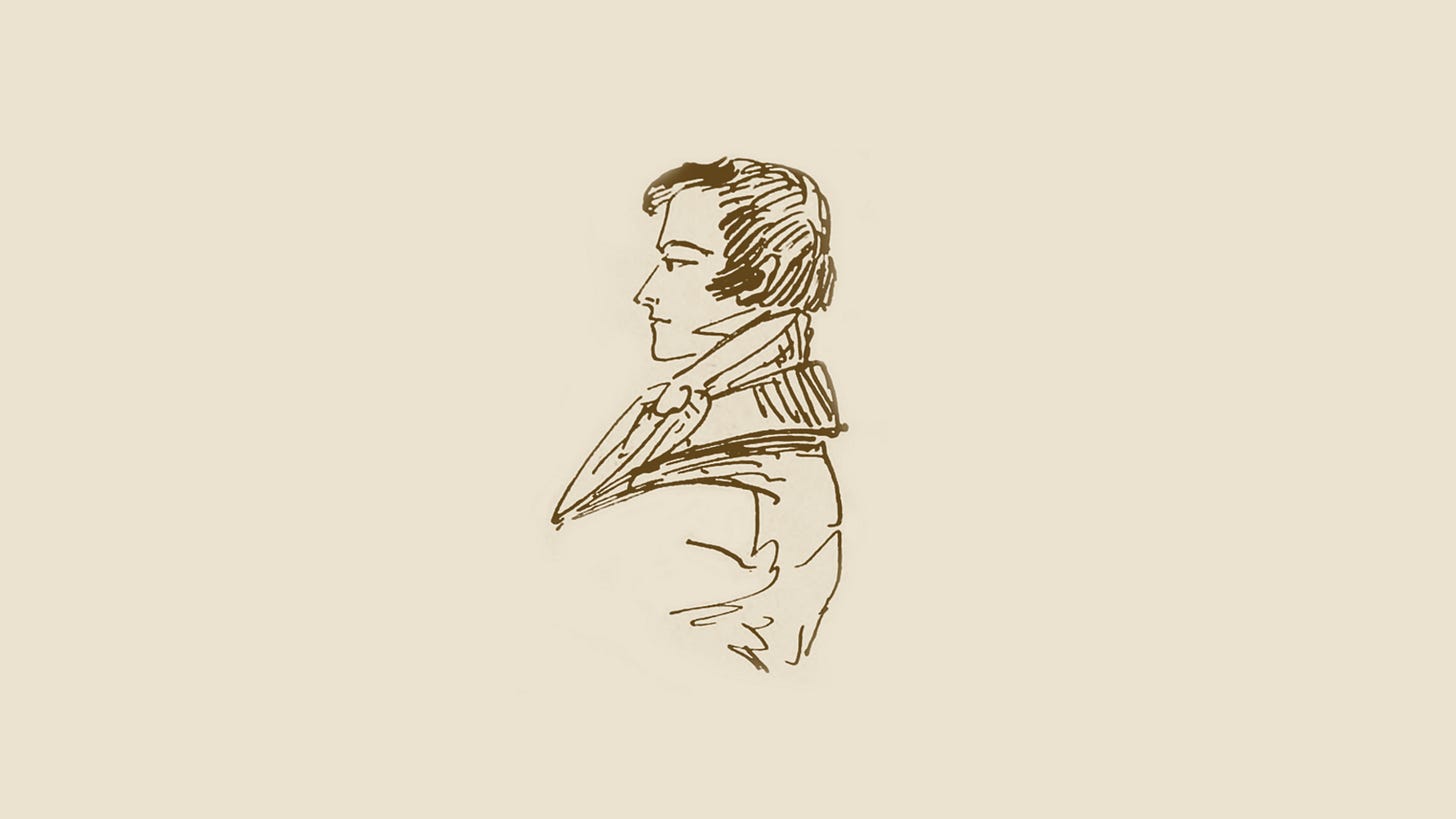One of the writers I admire most is Joan Didion. It’s rare to find wit, insight, and beautiful prose in a single piece of writing, but Joan produced piece after piece that combines all three. Our guest this week manages the incredible feat of living up to that same standard. In today’s essay Molly Hackett describes the process of moving cities, growing up, losing love, and realizing the permanence of things.
About a year ago, I moved to New York City.
The move was intentional, but only just. There was no job waiting for me, no graduate program or network of friends or any reason, really, to go—except that it makes me nervous to stay in one place for too long. “Too long” is a specter of an adverb for me, hanging over my plans like a threat. I’m wary of any commitment I can’t at some point reverse. Initially, I wanted to write about New York, about what my life looks like. Simple, right? Sketch out a portrait of a life, shade in the outlines until you’ve created something resembling a person. Granted, lately my fount of inspiration has felt more like a rusty faucet, but I figured I’d still turn the handle and see what comes out. (Something you should know about me: I’m fond of a mixed metaphor.)
So, what do I do with my life here?
I wake up, make myself some toast and coffee, think about putting on lipstick—get anxious, hurriedly wipe it off, leave little stains of it at the corners of my mouth like a girl caught in her mother’s makeup. I’m still waiting to feel grown up, to inhabit my body like I belong to it. These days I’m more renter than owner; too timid to put holes in the wall, as if there is some future tenant in the wings who might put this space to better use. I both crave permanence and am instinctively afraid of it. I need to be able to reset each night, to scrub myself free of makeup and jewelry and choice and wake up as a blank slate, a new person without mistakes to haunt her. I need to be able to start over, to reverse. Of course, some things (most things) are irreversible. This is a concept I’m learning the hard way.
Something else you should know about me is that I tend to develop fixations: periods of weeks or months that see me tumbling down a series of rabbit holes, learning all that Wikipedia has to teach me about each particular obsession. Past examples include, but are not limited to: Southern Gothic literature, a Netflix movie about a bunch of immortals, Band of Brothers, the French Resistance, needlepoint, and period accurate costuming practices. It’s a habit that makes me excellent at trivia and useless at nearly everything else.
In the early days of the pandemic, I became fixated on opera. The Met was showing free streams of a different production each night, and one of these was a recording of Tchaikovsky's Eugene Onegin. I watched as Eugene spurned the love of Tatyana for two and a half hours, traveling and studying and living for himself (all in a stunning baritone, I can’t recommend it enough), before coming to his senses in the final act and confessing his love for her. I watched this with a sense of relief—at last he had seen the error of his selfishness, at last they would be together. The chord of their love was finally resolved. And then, to Eugene's (and my) disbelief, Tatyana rejects him. He’s learned his lesson too late; she’s already married. She won’t leave her husband for him. Romantic that I am, I scoffed at this. Of course she’d run away with Eugene—why wouldn’t she, when she’s loved him for so long? What kind of opera was this?
The thing about art is that it gives a frame of reference for emotion. It reveals something true about the world, sometimes sitting dormant in your brain for years, until one day you stumble on your first love’s wedding announcement. And then, Eugene Onegin makes sense.
Keep reading with a 7-day free trial
Subscribe to The Portmanteau to keep reading this post and get 7 days of free access to the full post archives.



